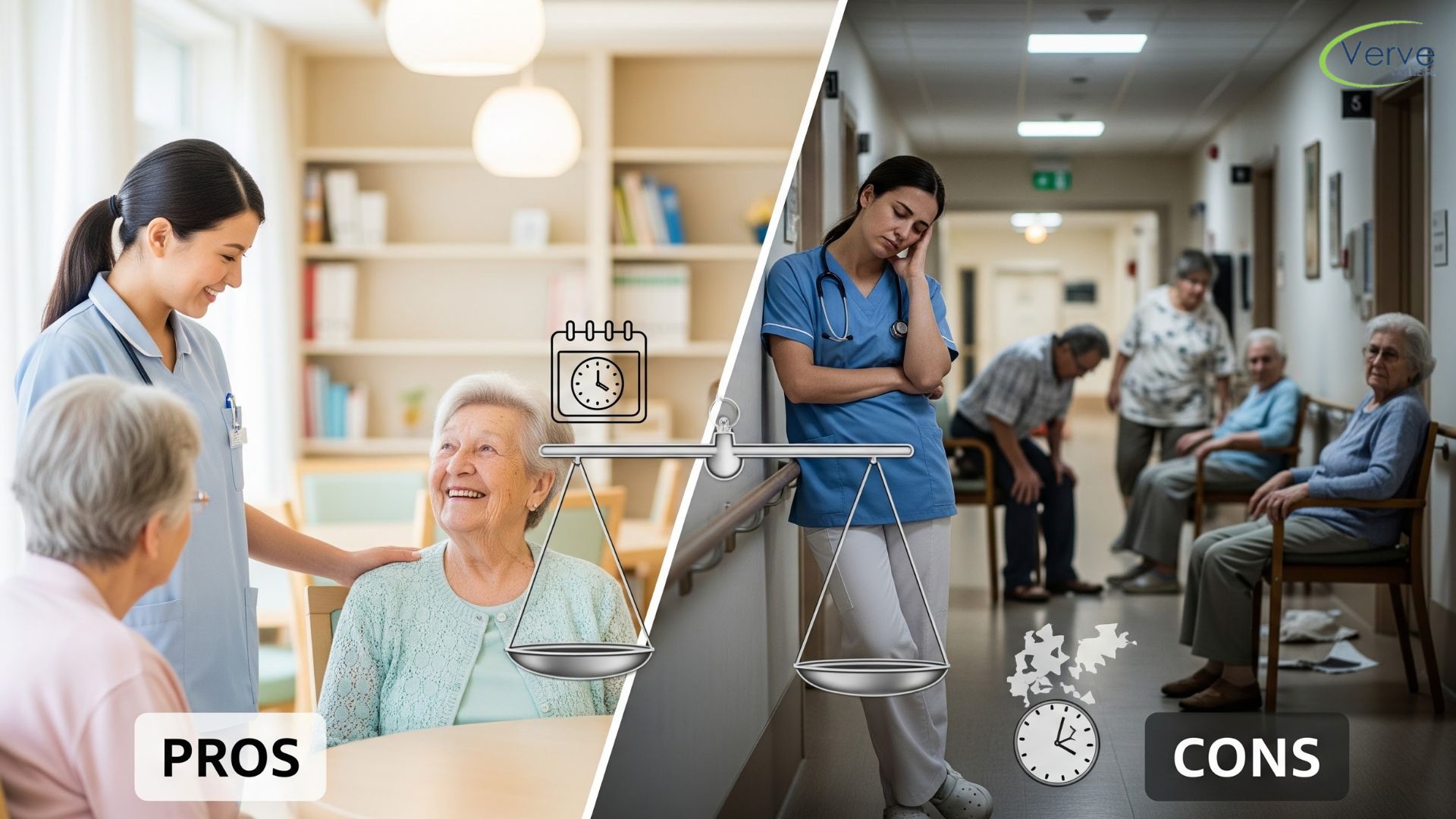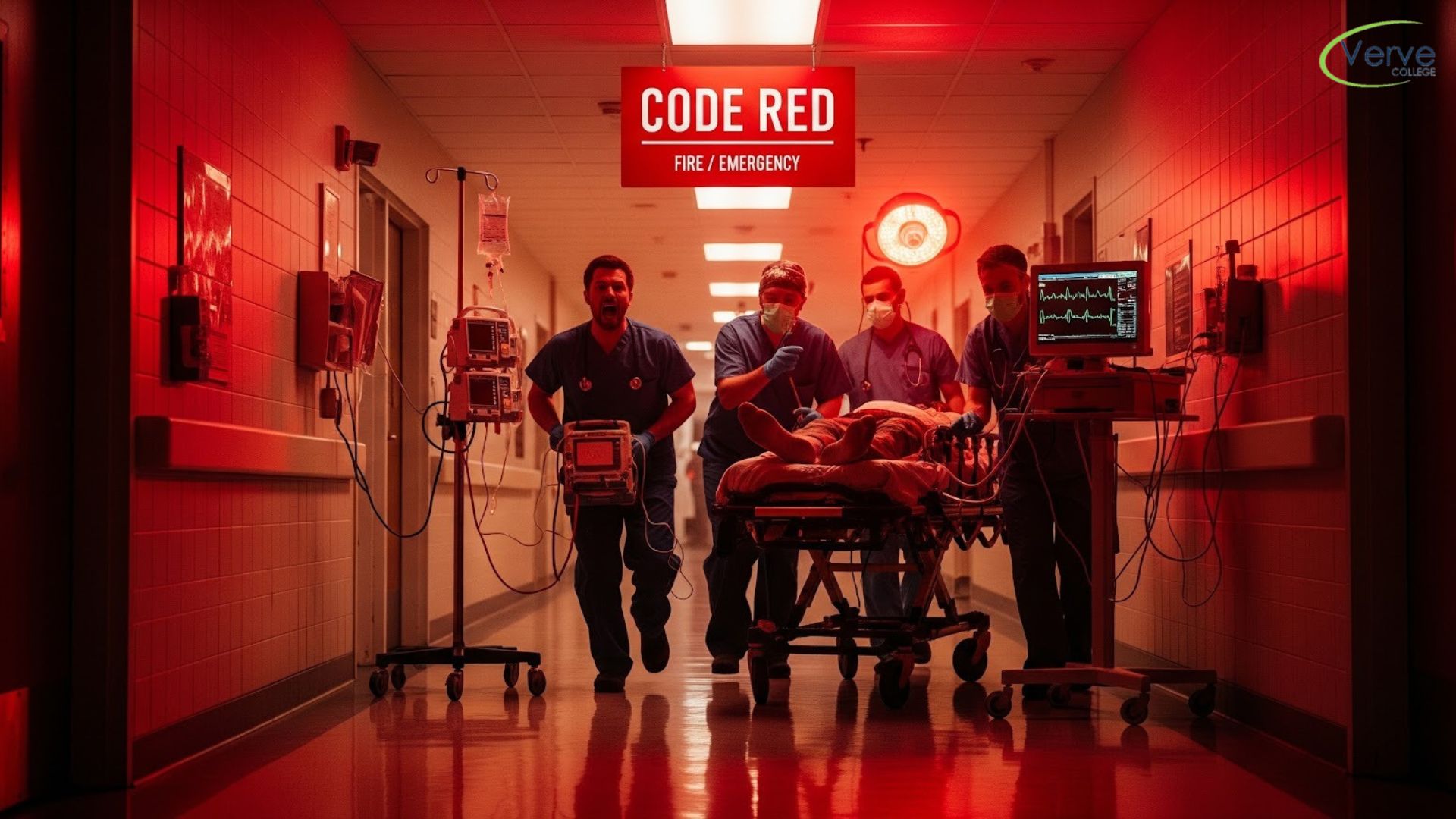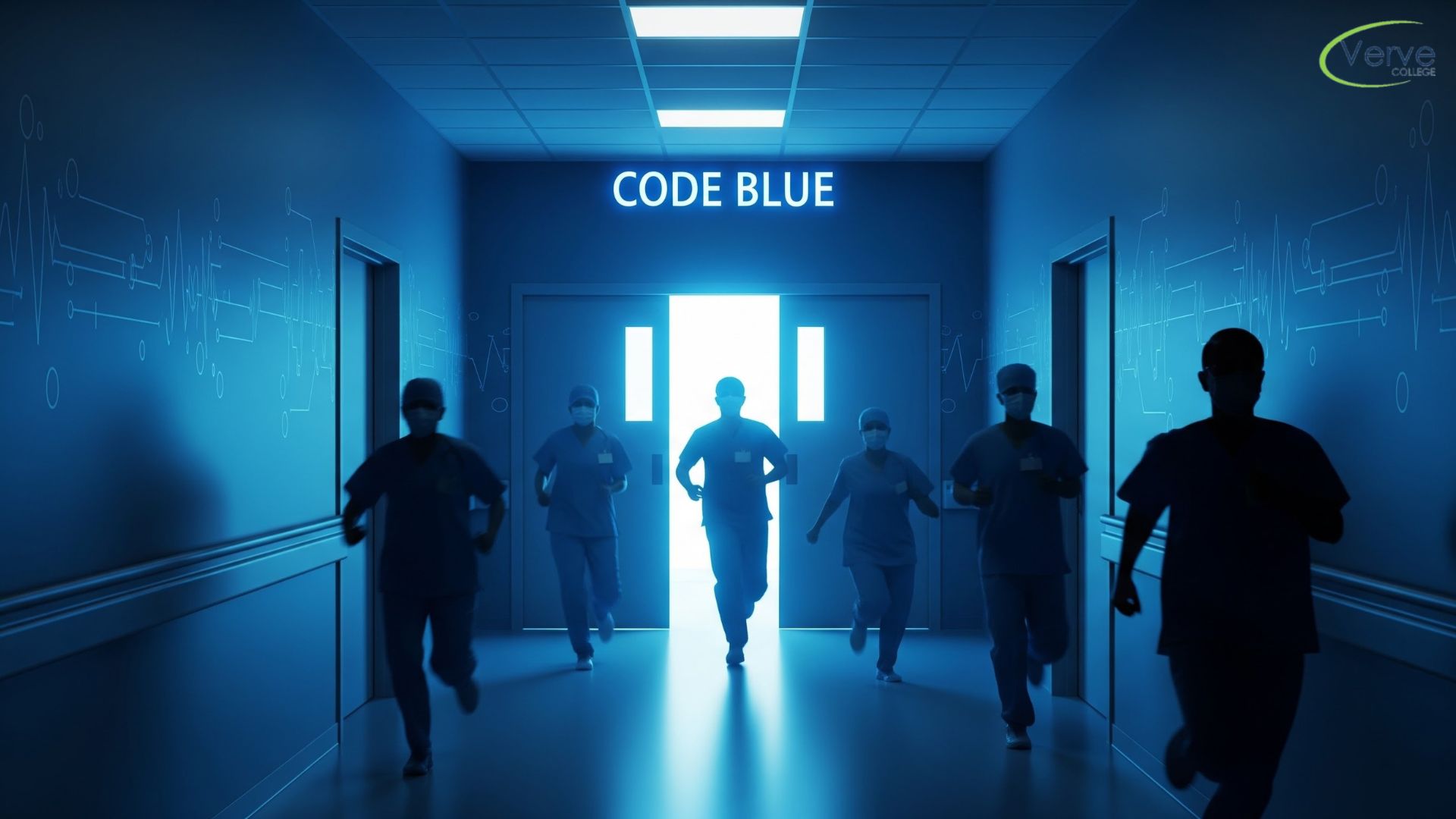- Oak Brook:(630) 705-9999
- Chicago:(312) 920-8822
- Email:inquiry@vervecollege.edu
- Make a Payment
- Home
- Programs
- Admission
- Resources
- ATI Entrance Exam Resources
- New E-Digital Library
- Refer a Friend
- School Newsletter
- Events
- Employers
- Job-Network
- Alpha Beta Kappa Candidates
- Verve College Library
- Graduation and Pinning Ceremony Photo Galleries
- Textbook Information
- Career Services
- Tutoring
- School Catalog
- FAQ
- Constitution Day Program
- Alumni
- Verve College Plans
- Financial Aid
- HEERF Reporting
- Satisfactory Academic Progress
- Apply For Financial Aid
- Net Price Calculator
- Return of Title IV Funds (R2T4)
- Financial Aid Office Code of Conduct
- Contact
- FAQs
- Verification Policy
- Vaccination Policy
- Student Right-to-Know Act
- Misrepresentation
- Information Security Program
- Academic Award Year
- Availability of Employee
- Cost of Attendance
- Health & Safety Exemption Requirement
- Students Rights and Responsibilities
- Leave of Absence
- Pell Formula
- Military Students
- Grants/ Scholarship Policy
- Contact Us
- Testimonials
- Blog
Is a Nursing Career Right For You?
Take The Free Quiz
Real-World Skills: What to Expect from Your LPN Clinical Experience
Real-World Skills: What to Expect from Your LPN Clinical Experience
In the course of obtaining the Licensed Practical Nursing (LPN) degree, the clinical experience is an integral aspect of the process. For those who are studying for their Nursing College Entrance Exam or contemplating LPN clinical experience requirements courses on weekends to meet their schedules, knowing what’s to come in the future of clinical practice is crucial. Here’s a rundown of what you can expect from the beginning, from learning to learning through licensed practical nursing schools for experience, and how it will shape the future of LPNs.
LPN Clinical Experience Expectations Are as Follows:
1. Blending Classroom Learning with Real-World Praxis
In licensed school of nursing, pupils study an extensive course, ranging from anatomy to the science of pharmacology. Clinical experience is the time to apply your theoretical knowledge in the real world of healthcare to bridge the gap between education and application. The hands-on experience helps you develop your knowledge of fundamental competencies, such as interaction with patients medical protocols, patient interaction, along with medical documents.
2. Building Core Competencies
In your clinical rotations, you’ll acquire the fundamental skills required to fulfill the LPN position. Expect to be proficient in crucial sign-monitoring, distributing medications, wound treatment, as well as assisting with everyday patient demands. These are the fundamental skills of nursing and are refined through hands-on work that prepare you to work effectively in a variety of healthcare settings.
3. Communication and interaction with the patient
Experience in the clinical setting is also your opportunity to understand the intricacies of communication between patients. Practical nurses can be the vital connection between families, patients and the healthcare team which is why it is vital to communicate clearly. This time frame allows you to build connections with patients and communicating information efficiently to other team members, which prepares you for the real-world challenges of nursing.
Read More:- Difference Between Intensive Care Unit and the Emergency Room?
4. Learning the Team Approach
In all healthcare settings it is crucial to work in teams. Clinical rotations offer insight into the ways that different roles in healthcare collaborate to ensure the health of patients. It is a chance to interact with doctors, registered nurses and other support personnel, all having a part in providing complete healthcare. The ability to understand these interactions is crucial in developing a team-oriented mindset essential for the future of any LPN.
5. Experimenting a Variety of Specialties and Settings
Clinical rotations during LPN weekend classes typically provide the opportunity to experience various healthcare settings and specialties such as hospitals and long-term healthcare clinics and facilities that specialize in. Each has its own unique learning opportunity. In a hospital environment For instance you may be observing emergency procedures, whereas in long-term care, you’ll concentrate on providing care that is patient-centered for seniors. This variety of experience can help you determine areas of your personal interest that could lead to a areas of specialization.
6. Thinking Critically and Problem Solving. Thinking and Problem Solving
Experience in the real world helps you build your capacity to think in a critical manner under stress. There will be unexpected situations that range from sudden changes in the condition of a patient to new tasks that require rapid adjustment. LPN students typically find that situations in clinical practice require quick thinking and problem solving skills to create the foundation for flexible and responsive nursing methods.
7. Mentorship and Feedback
The supervision of experienced instructors and nurses is essential in clinical rotations. The support provided by mentors provides you with guidance and feedback in real-time to help you improve your abilities. The mentors help students navigate unfamiliar procedures, making sure they are safe and competence while offering positive feedback about areas that require improvement. These interactions influence your approach which allows you to advance by gaining a better understanding of the expectations and best techniques.
8. Preparing for Post-graduation Roles
Successfully completing the LPN clinical experience requirements for clinical experience equips you with the skills and confidence to be employed immediately. LPN graduates are able to can enter the workforce with experience and knowledge needed to handle patients’ care, follow guidelines for healthcare and collaborate in a variety of environments. Practical nursing schools that are licensed aim in preparing their students to take on the demands of real-world work and the practice of clinical nursing strengthens your capacity to smoothly transition from student to a professional.
Final Thoughts
LPN clinical experience requires practical experience is a crucial practice component that teaches actual nursing abilities. This is a path that transforms theory into practice and prepares future nurses for successful roles in the field of healthcare. Whether you’re taking weekend classes or a full-time course, expect this experience to be transformative–equipping you with the resilience, compassion, and skills needed to succeed as an LPN.
 Sign up
Sign up Login
Login




